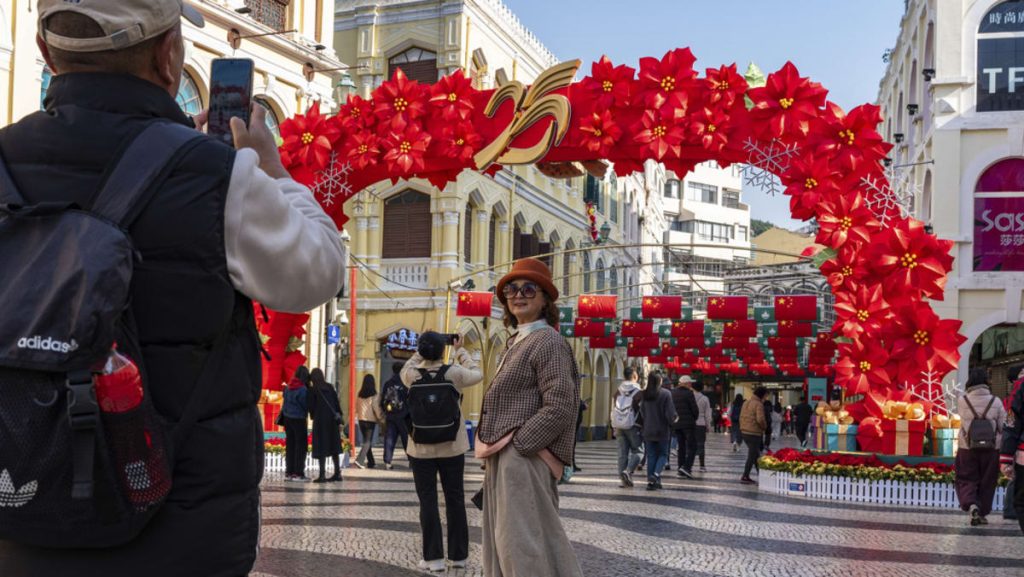Addressing Social Inequality in Macau: A Multifaceted Challenge
Macau, a Special Administrative Region of China, faces the complex task of addressing social inequality while simultaneously pursuing economic growth and preserving its unique cultural heritage. The COVID-19 pandemic has exacerbated existing disparities, highlighting the urgent need for robust policies and comprehensive social safety nets. Government officials acknowledge the growing inequality and are implementing measures such as direct subsidies to low-income and middle-income families. However, the scope of the challenge demands a more comprehensive and long-term approach involving a collaborative effort between government agencies, social service organizations, and the community at large.
One of the critical areas requiring attention is the plight of vulnerable populations, particularly the elderly and migrant workers. Social service organizations like Caritas Macau, which has a long history of providing assistance to those in need, are witnessing an increasing demand for their services. While government support enables Caritas to assist thousands of residents annually through food banks, elderly care, and other programs, the organization’s resources are stretched thin, particularly when it comes to supporting the significant migrant worker population. Many of these workers, particularly those who are non-Chinese speaking, lack access to social welfare programs and financial assistance, leaving them vulnerable to exploitation and hardship. Addressing this disparity necessitates targeted policies and programs that ensure equitable access to social safety nets for all residents, regardless of their origin or language.
The pursuit of economic growth, while essential for Macau’s prosperity, must be balanced with a commitment to social equity and cultural preservation. Some residents advocate for policies that not only stimulate economic activity but also foster a sense of community and protect the unique blend of Chinese and Portuguese heritage that defines Macau’s identity. This involves investing in education, cultural programs, and community development initiatives that promote social cohesion and preserve the rich tapestry of Macau’s history and traditions. Balancing economic progress with social and cultural well-being is crucial for creating a sustainable and harmonious society.
The Macau government, guided by the Chinese central government, has placed a strong emphasis on social welfare since the city’s handover in 1999. This commitment is reflected in the various social programs and initiatives aimed at supporting vulnerable populations. However, the evolving social and economic landscape necessitates a continuous reassessment and strengthening of these policies to ensure they remain effective in addressing the growing complexities of social inequality. This includes reviewing the eligibility criteria for social assistance programs, exploring innovative approaches to poverty reduction, and fostering greater collaboration between government agencies and non-governmental organizations.
The challenge of tackling social inequality in Macau requires a multi-pronged approach that addresses the specific needs of various vulnerable groups. For the elderly, this may involve expanding access to affordable healthcare, housing, and social support services. For migrant workers, it necessitates ensuring fair labor practices, access to language training and social integration programs, and pathways to legal residency. Addressing the needs of these and other vulnerable groups requires a data-driven approach that identifies the root causes of inequality and informs the development of targeted interventions.
Ultimately, building a more equitable society in Macau requires a collective effort. Government policies, while essential, are only one piece of the puzzle. Active participation from social service organizations, community groups, businesses, and individuals is crucial for creating a society where everyone has the opportunity to thrive. This involves fostering a culture of inclusivity, promoting social awareness, and empowering individuals to contribute to the well-being of their community. By working together, Macau can create a more equitable and prosperous future for all its residents.

